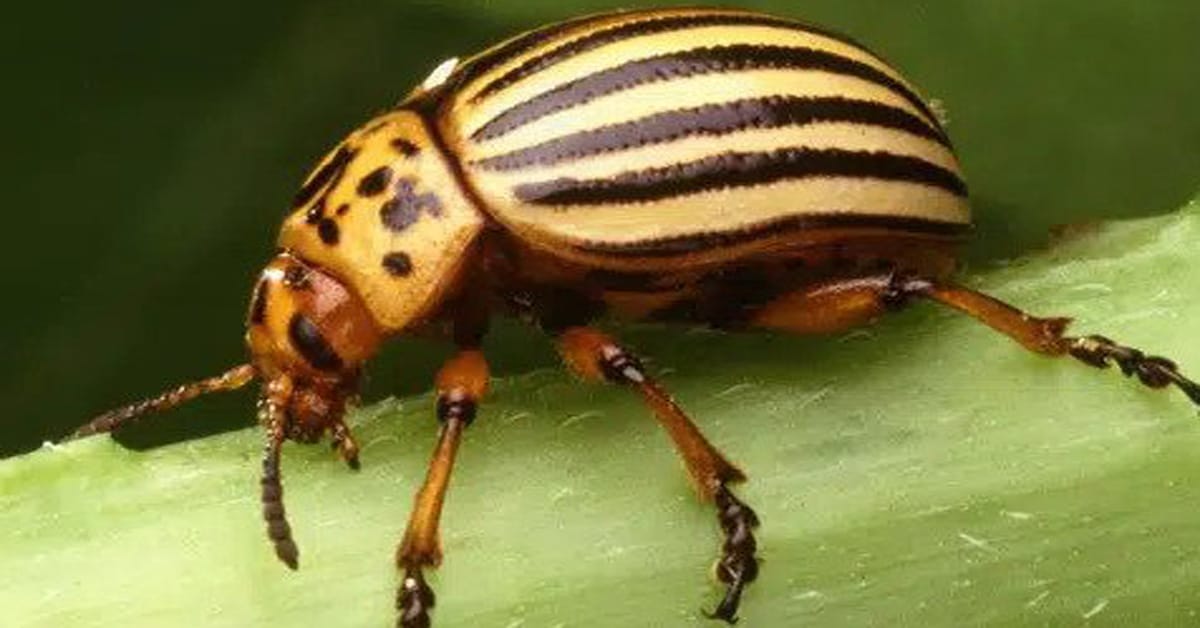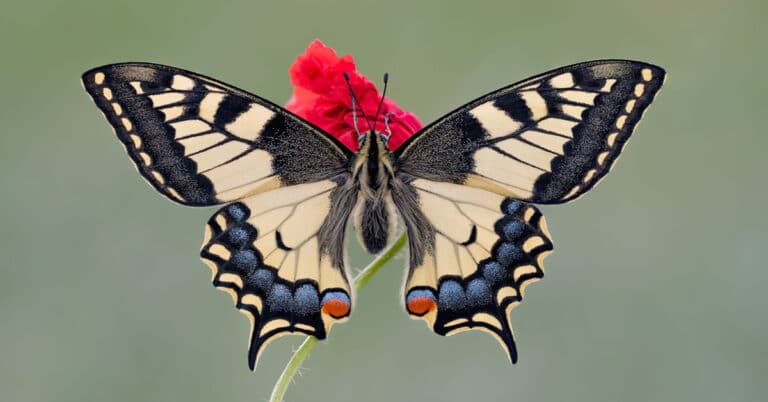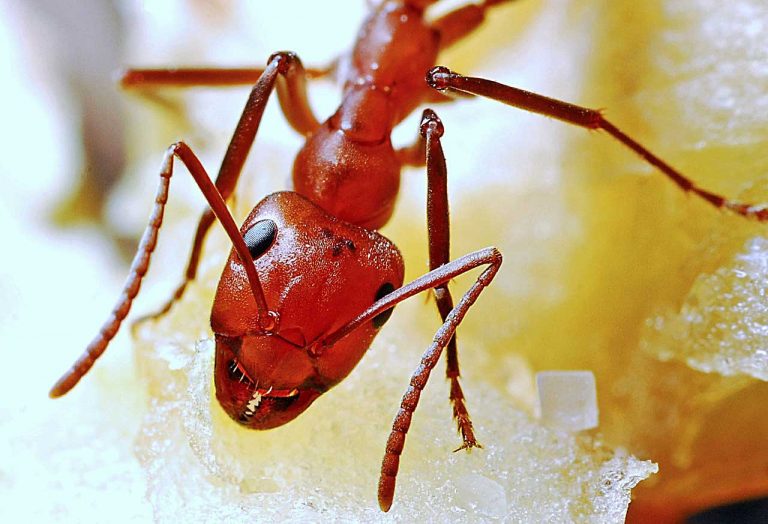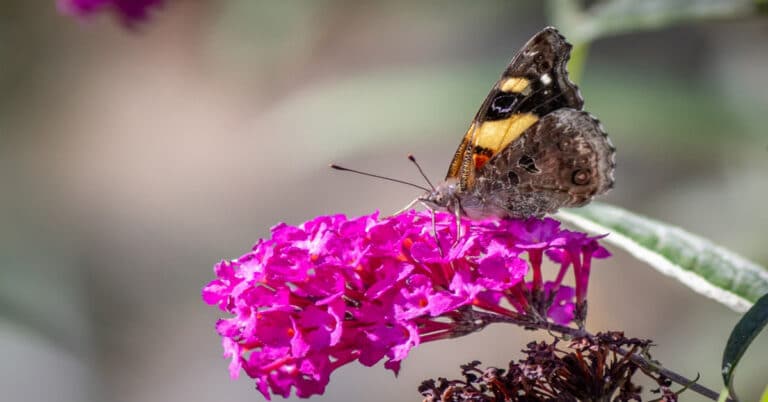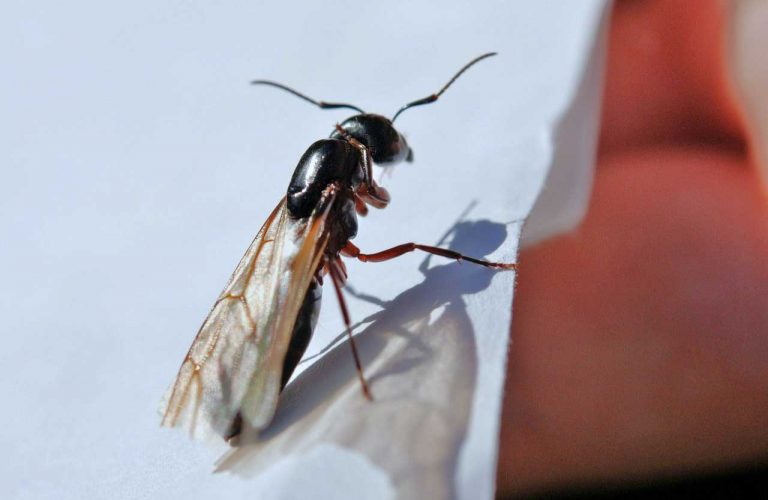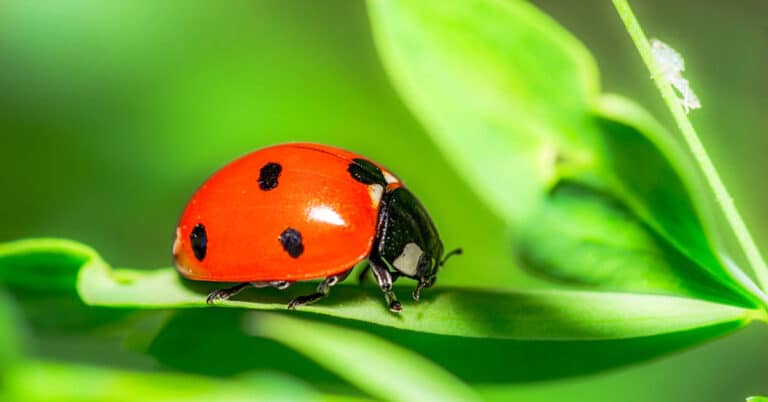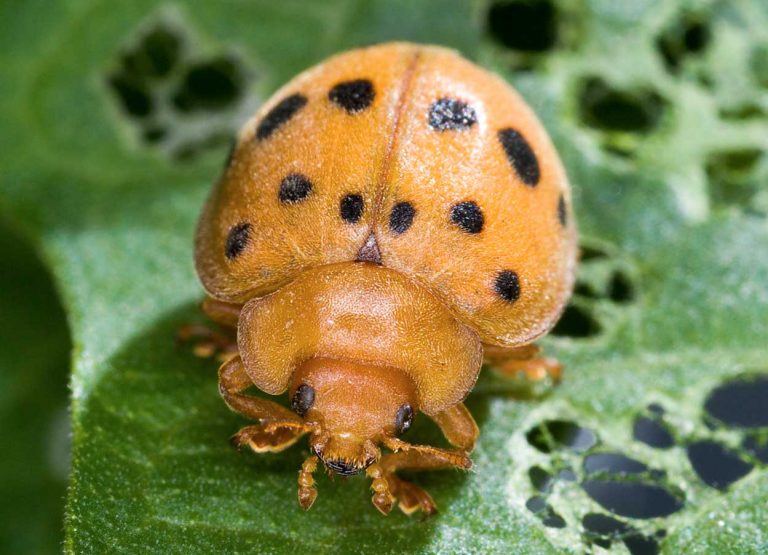How To Keep the Insects Away When Camping
As much as we love camping and the great outdoors, there’s one thing that can quickly ruin the experience — insects!
Small insects like mosquitoes, ants, and spiders can make your trip unpleasant. But fear not fellow campers! We’ve got you covered with this comprehensive guide on how to keep those pesky insects away when camping.
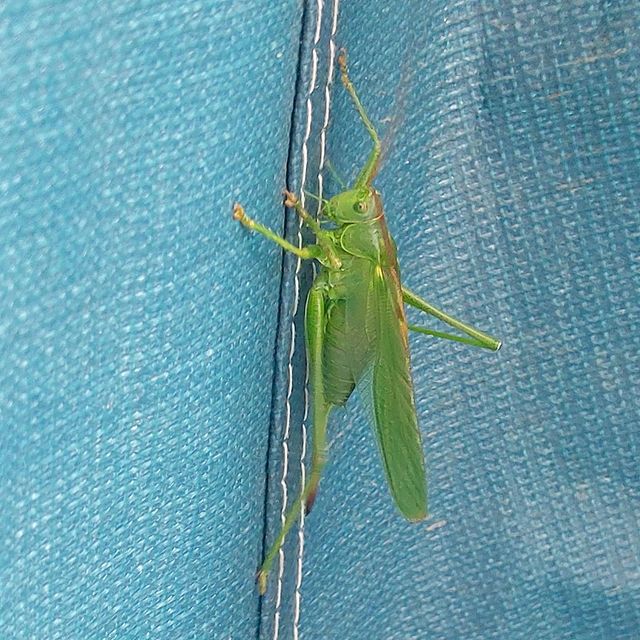
Choose Your Campsite Wisely
Selecting the appropriate campsite is one of the most effective measures to prevent insects. Look for a spot that is:
- Away from standing water: Mosquitoes breed in stagnant water, so steer clear of ponds, lakes, and marshy areas. If you must camp near water, opt for a flowing river or stream.
- Elevated: Many insects, including ants and ticks, are less likely to venture uphill. Plus, an elevated campsite often has better airflow, which can help keep flying insects at bay.
- Not too close to dense foliage: While it’s tempting to set up camp in a lush, green area, thick vegetation can be a haven for insects. Instead, choose a more open space with fewer hiding spots for bugs.
Set Up Camp Like a Pro
Once you’ve found the perfect campsite, take some extra precautions when setting up to minimize insect encounters:
- Use a tent with good ventilation and mesh screens: This will allow air to flow freely while keeping insects out. Please check that the mesh is intact and all zippers are working well.
- Avoid eating inside your tent: Crumbs and food smells can attract ants and other insects. Designate an eating area outside the tent and store all food in sealed containers.
- Keep a clean camp: Clean up after meals, wash dishes immediately, and store trash in a sealed container away from your sleeping area. A tidy camp is less likely to attract bugs.
If you want, renting a campervan is another option to enjoy your camping experience without the hassle of insect encounters.
Dress for Bug-Free Success
What you wear can also make a difference in keeping insects at bay. Here are some tips for selecting the right clothing:
- Choose light-coloured clothing: Dark colours can attract insects like mosquitoes and ticks. Light-coloured clothing makes it easier to spot any hitchhiking bugs.
- Opt for long sleeves and pants: Although it may seem appealing to wear shorts and a tank top, it’s better to wear long sleeves and pants for protection against insect bites. You can opt for lightweight and breathable fabrics to stay cool in hot weather.
- Tuck in: Tuck your pants into your socks and your shirt into your pants to create a barrier that makes it harder for insects to reach your skin.
Repel Those Pesky Insects
To avoid being bothered by insects, it is important to have an effective insect repellent. Here are some important facts to consider:
- DEET or Picaridin: DEET has been in use for several decades and has been proven to be safe when used as directed. Picaridin is a newer option that is odourless and less likely to cause skin irritation.
- Natural options: If you prefer a more natural approach, look for repellents containing oil of lemon eucalyptus (OLE) or para-menthane-diol (PMD). These ingredients have been shown to provide protection similar to low-concentration DEET products.
- Apply correctly: To maximize effectiveness, apply repellent to all exposed skin, avoiding the eyes, mouth, and any open wounds. Reapply as needed, following the product’s instructions.
Employ Insect-Repelling Tactics
In addition to repellents, there are other tactics you can use to deter insects from your campsite:
- Use mosquito coils or citronella candles: These products release a scent that is unpleasant to mosquitoes and other flying insects. Set them up around your seating area for added protection.
- Hang a bug zapper: These devices attract and kill flying insects with UV light. Hang one near your campsite for some bug-free peace of mind.
- Create a breeze: Insects struggle to fly in windy conditions. If your campsite lacks natural airflow, consider bringing a battery-powered fan to create some artificial wind.
Be Prepared to Treat Bites and Stings
Even if you try your hardest, it’s possible to still get bitten or stung by a few insects. Come prepared with a first aid kit that includes the following:
- Antihistamine cream or tablets: These can help reduce itching and swelling from insect bites.
- Pain relievers: To lessen the pain or discomfort caused by bites or stings, you can use over-the-counter pain relievers such as ibuprofen or acetaminophen.
- Tweezers: In case of a tick bite, use tweezers to carefully remove the tick by grasping it as close to the skin as possible and pulling upward with steady pressure. Do not twist or jerk the tick, as this can cause the mouthparts to break off and remain in the skin.
Know When to Seek Medical Help
While most insect bites and stings are harmless, some can cause severe reactions or transmit diseases. Seek medical help if you experience any of the following symptoms:
- Difficulty breathing or swallowing
- Swelling of the face, lips, or throat
- Rapid heartbeat or chest pain
- Severe headache or dizziness
- Confusion or altered mental state
- Rash or hives
- Fever or chills
These tips and tricks can help you have a bug-free camping trip. Pack your gear and head to the wilderness with the assurance that you’re ready to keep insects away.

Having discovered a fondness for insects while pursuing her degree in Biology, Randi Jones was quite bugged to know that people usually dismissed these little creatures as “creepy-crawlies”.

